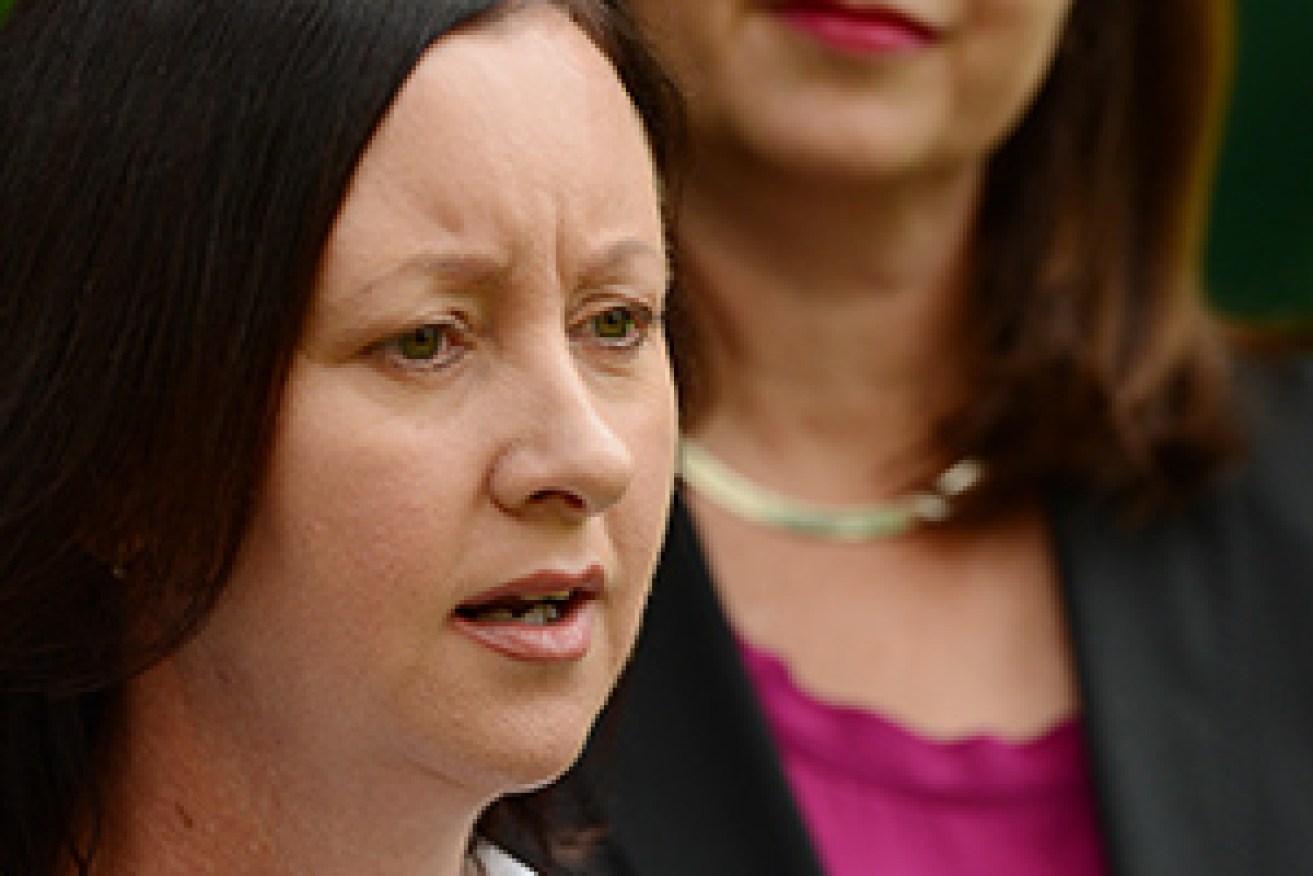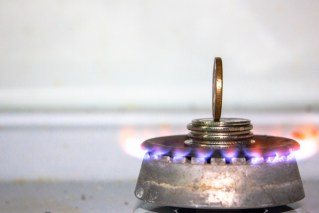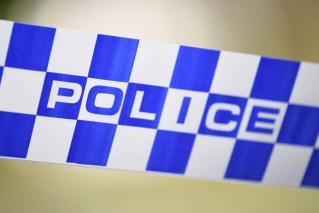Australia’s worst law is being repealed, finally

The Queensland government is closing a “dark ages” loophole that allows people to justify murder by claiming they were provoked by an unwanted homosexual advance.
The move comes after years of lobbying by Father Paul Kelly, who said the law created a “culture of hate”.
The so-called “gay panic” defence is rare but entrenched in Queensland case law and involves an accused reacting in a state of violent temporary insanity.
• Premiers at war over GST-Black Saturday jibes
• Video of women defending racist attack goes viral
The controversial defence strategy was last raised in a Queensland court about five years ago to argue for the lesser conviction of manslaughter rather than murder.
Attorney-General Yvette D’Ath confirmed that amendments would be re-introduced into the Queensland Parliament to ensure a homosexual advance was no longer considered provocation for murder.

Queensland Attorney-General Yvette D’Ath (L) with Premier Annastacia Palaszczuk. Photo: AAP
She told The New Daily the Government would follow through on its election commitment to remove any doubts about how and when a partial defence involving a sexual advance could be used.
The decision comes as a particular triumph for a Queensland catholic priest who was spurred into leading a campaign against the “gay panic” defence after it was used in a Supreme Court trial over the bashing death of a man in the courtyard of the priest’s church.
Fr Kelly launched an online petition calling for the “bigoted and barbaric law” to be scrapped and has so far generated more than 220,000 signatures. His campaign has also attracted international support, including Twitter posts by British actor and TV presenter Stephen Fry.
“In 2008 a man was killed in my church courtyard and then I was so shocked when this ‘gay panic’ provocation was used in court to argue for manslaughter not murder,” Fr Kelly told The New Daily.
“I just couldn’t believe that such a law even existed. As a defence it is too dangerous and should not be allowed because it so easily taps into people’s prejudices and phobias.
“Now, with the new government following through on its promise, we can finally see an end to this unjust provocation defence.”
Jason Andrew Pearce, along with fellow accused Richard John Meerdink, was charged over the death of disability pensioner Wayne Robert Ruks who was bashed and left for dead in the grounds of St Mary’s Catholic Church in Maryborough.
Ruks’ body was found by worshippers attending a morning church service the next day. Fr Kelly, who was parish priest at the time, was one of the first on the crime scene.
“That day is etched into my mind,” he said.
The Maryborough Supreme Court trial heard that Ruks, who had been drinking with Pearce on the night of his death, had allegedly attempted to touch Pearce on the penis and offered to perform oral sex.
According to The Courier Mail, barrister Greg McGuire, for Pearce, told the jury that such a situation could constitute a grave insult to someone with Pearce’s history of being sexually interfered with as a child.
The trial also heard that Pearce told police the “poof thing” was going through his head as he attacked Ruks.
However, prosecutor Greg Cummings told the jury that video footage of the trio on the night of Ruks’ death showed no evidence of any homosexual advances.
Pearce was subsequently convicted of manslaughter and sentenced to nine years’ jail. He was granted parole and released in 2012. Meerdink was jailed for 10 years and is eligible for parole next year.
Ruks’ mother, Joyce Kujala, criticised the sentences claiming that if her son’s killers had not been able to use the “gay panic” defence, Pearce would still be in prison.
“My son was not gay, and that was the hardest part. It shows the defence can be used against anyone,” she told the Fraser Coast Chronicle.
In his online petition, Fr Kelly explains that under the “gay panic” loophole, an accused who thinks someone who is gay “comes on to them”, the sheer panic they feel is partial justification for murder.

Queensland will be one of the last states to abolish the homosexual advance defence. Photo: Shutterstock
“This law belongs in the dark ages – but it was enshrined in Queensland common law (case law) in 1997, when a man responded to ‘gentle touching’ by ramming his victim’s head against a wall until he was unrecognisable, then stabbed him to death,” he said.
“The killer’s argument was this: ‘Yeah, I killed the guy, but what he did to me was worse’. ”
Fr Kelly said he was appalled that a law that “so revoltingly and openly discriminates against gay people” was still tolerated in a modern society.
“Laws like the ‘gay panic’ defence are a crucial part of legitimising and reinforcing a culture of hate which means that 73 per cent of gay and lesbian Queenslanders are subjected to verbal abuse or physical violence for their sexuality.”
Queensland will be one of the last states to abolish the homosexual advance defence. Tasmania and Victoria have repealed the defence of provocation, while NSW, the ACT and the Northern Territory have excluded non-violent homosexual advances.
A spokesman for the Attorney-General’s office said an expert committee set up by former Labor Attorney-General Paul Lucas had recommended in 2012 that amendments be introduced to ensure unwanted sexual advances would not be enough to establish provocation unless there were exceptional circumstances.
However, a Bill to remove doubts about the “gay panic” defence lapsed with the calling of the 2012 election. During the election campaign early this year, the ALP committed to re-introducing the amendments.
The spokesman said the amendments were expected to be introduced by the end of the year.








